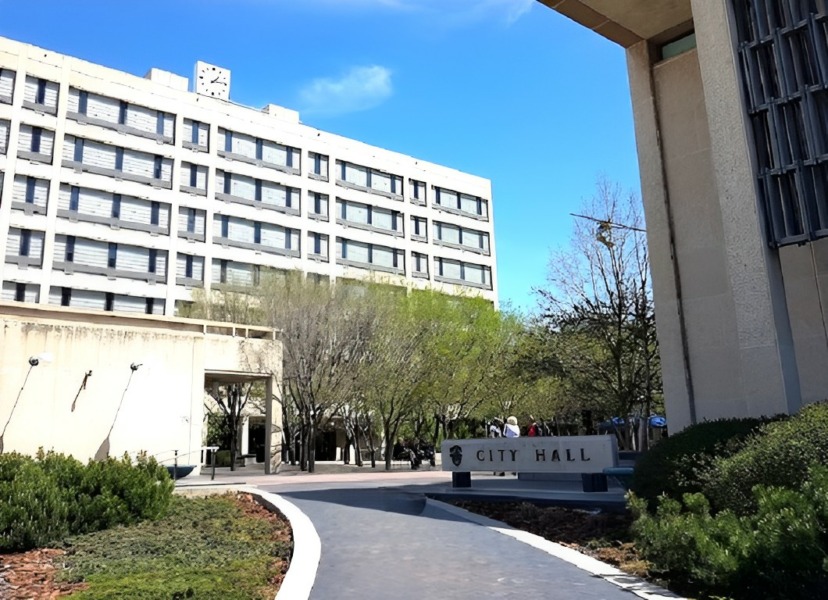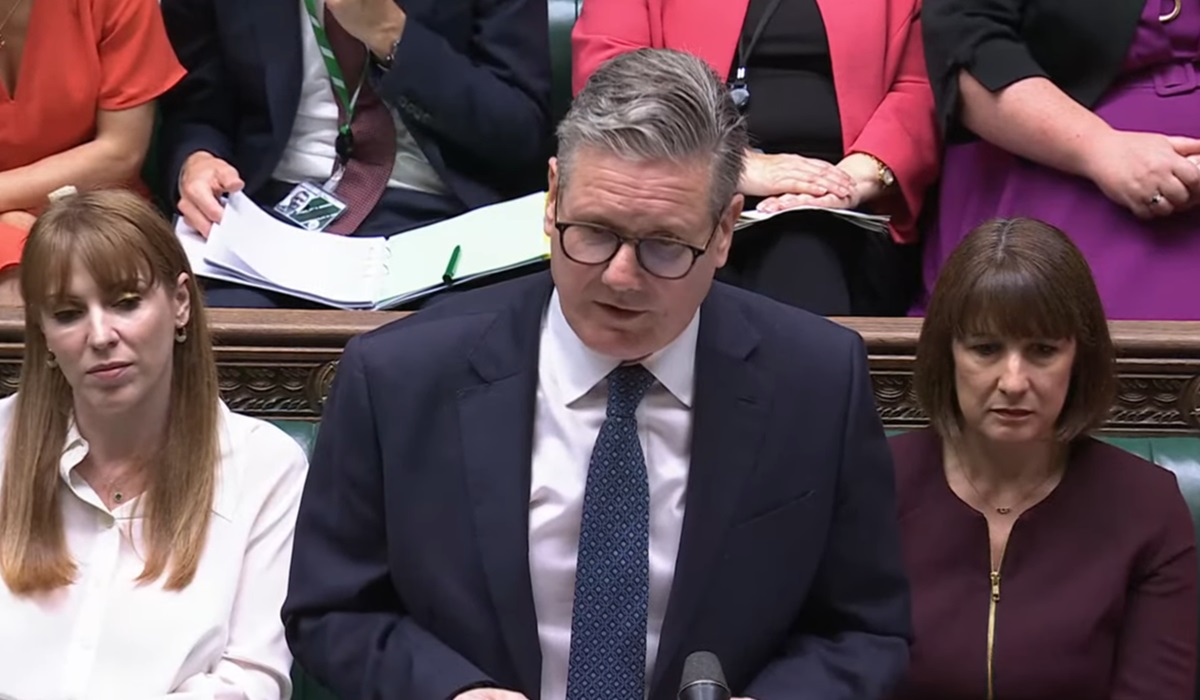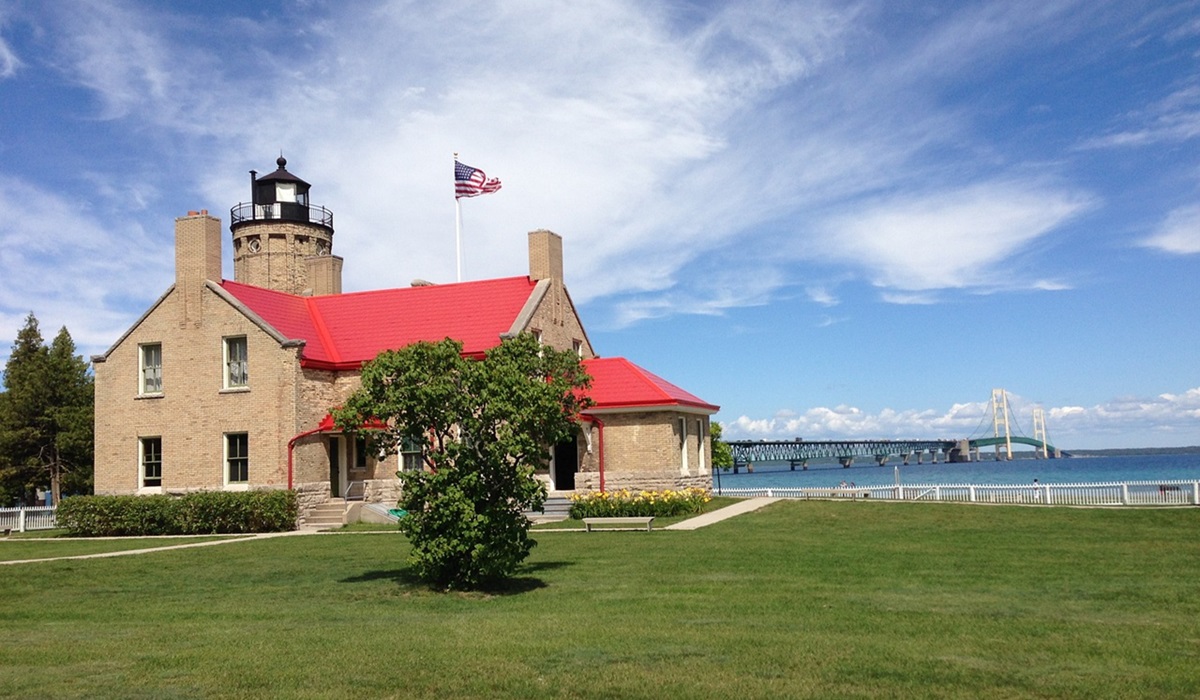Winnipeg City Hall’s Ethical Labyrinth: Deciphering the Tangled Web of Misconduct
- TDS News
- Breaking News
- Trending
- Western USA
- August 9, 2023

Part 4
Despite the mounting concerns over dysfunctional operations at Winnipeg City Hall, key figures remain conspicuously silent. Both the Premier and the Minister in charge of Municipal Affairs, Andrew Smith, have chosen to refrain from commenting on their approaches to address the issues negatively impacting the City’s residents. This silence has been echoed by Mayor Scott Gillingham and the Leader of the Opposition, Wab Kinew, whose office declined to provide a direct response from him but suggested input from the Municipal Affairs critic. This lack of engagement from prominent leaders is unfortunate, especially given the citizens’ growing frustration with the ongoing situation.
For nearly two decades, Winnipeg City Hall has grappled with an insidious ethical problem that stretches across multiple administrations. Recent events, particularly the Parker Lands ruling, have only heightened this issue, leaving the City entangled in a web of ethical dilemmas and accountability deficits.
Moral integrity is the cornerstone of effective governance, a principle that safeguards against dishonest decisions, deliberate interference, and eroding public trust. Amidst this ongoing saga, the Parker Lands development looms large—a project marked by extensive, deliberate delays, escalating costs, secret meetings, and lack of disclosure, further accentuating the need for robust ethical reforms.
Central to this narrative is the expropriation of approximately 25 acres of land for a proposed retention pond—a measure intended to mitigate water-related damage in the area. In 2015, The City of Winnipeg enacted Bylaw No. 11/2015 to support the expropriation, propelling the project into the spotlight.
A notice of objection was filed by Gem Equities, owners of Parker Lands, in response to the Notice of Intended Expropriation. On September 22, 2015, the Government of Manitoba appointed George Ulyatt as an Inquiry Officer.
Ulyatt’s investigation illuminated several crucial facts about the City of Winnipeg’s Bylaw for expropriation: Facts and recommendations were presented to the City, and they chose a different path. Ulyatt’s concluded the City possessed multiple viable alternatives for a retention pond within the proposed Parker Lands site.
These alternatives included leveraging an existing temporary retention pond already in place on neighbouring Taylor Lands owned by Shindico, another developer. Another option was constructing two retention ponds, one on the Parkler Lands property and the other on the Shindico side, separated by rail lines. A pipe would then connect these two retention ponds. The final option was to have one big retention pond located solely on the Parker Lands property.
As per Ulyatt’s report, there were internal memos from City officials indicating “concerns by Shindico that they only wanted a temporary pond on their property and it was their desire to have the water from that pond flow to the parker pond which would be a permanent pond.”
The report further “states that Shindico, the Owner of the Taylor Lands, do not wish to have a permanent pond and it can be drained by a pipe to the Gem properties in the Parker Lands.”
In his report, Mr. Ulyatt wrote the counsel for Gem Equities, ‘Mr. Newman addresses the Taylor Lands, which had been previously discussed, the fact that they have a pond, though temporary, could, in fact, be made permanent and that the Taylor Lands had been given the privilege of dumping its runoff water into existing combined sewer systems which he submits is prohibited under Environmental Licenses.
Ray Offman, an Engineer with the Consulting Company KGS Group, testified in the inquiry. KGS was awarded the work to look into modelling concepts for the Cockburn-Calrossie Retention Pond and the addition of CH2M Hill and Dillon Consulting.
KGS conducted an exhaustive examination and subsequently affirmed that their suggestion aligned with the proposal put forth by “the consultant.” The Rockman Street (Cockburn option) entails a dual-pond approach, with one pond situated on the Taylor Lands and another on the Parker Lands. The consultant and the Department of Water and Waste favoured this particular choice, marking it as their preferred option.
As per Ulylatt’s report, it became evident that the City of Winnipeg’s Planning Department failed to inform Mr. Marquess, owner of Gem Equities, of the existence of a retention pond, as indicated by the absence of pond-related mentions in documents such as the one from Mr. Glen Doney a city of Winnipeg Property planner dated December 5, 2013, despite an email from Diane Sacher, Director of Water and Waste on December 17, 2013, requesting the acquisition of the Parker Lands for ponds. This lack of communication resulted in Mr. Marquess only learning about the pond during discussions with officials regarding Rapid Transit, wherein they disclosed the plans for a significant pond on his property.
Ulyatt stated, “Design decisions were made by the consultant having no contact with the Parker Lands Owner and only receiving information
concerning the land owner’s thoughts from the City. Therein lies a problem. The City failed to consult with the Parker Land Owner, and it could be fairly argued that there appeared to be a conscious effort on the part of the City to keep the Objector unaware of the plans of placing a single pond on the property.”
In the ongoing situation, the evidence presented revealed a pattern of behaviour contradicting the City’s stated goals of fairness, transparency, and consultation. The evidence indicated that the City’s conduct was characterized by secrecy, lack of communication, and a failure to engage in consultation, leading the Gem Equities to accidentally discover the pond’s placement on his property. Even when the Objector sought discussions with the highest levels of the City’s administration, truthful responses were not provided.
“In light of the foregoing, the City has not met their obligation to show that the proposed taking is “fair and reasonably necessary”; nor has the City met the tests of balancing public versus private interests, and therefore, the proposed taking is denied.” George Ulyatt, Inquiry Officer
The City of Winnipeg’s enigma of ignoring recommendations and evading accountability amidst the flurry of efforts to fortify ethical standards raises perplexing questions. Why did the City ignore the recommendations from the Ulyatt investigation, despite the plethora of alternative paths? The discrepancy between the options presented and the City’s course of action begs for transparency and accountability.
How did City Hall, in good faith, not vote to reverse or halt the land expropriation after Ulyatt’s findings? It is very hard-pressed to conceive they still need to receive a copy of the report and read it.
The issues surrounding the Parker Lands’ deliberate delays by the City of Winnipeg led Gem Equities to file an ethics complaint against River Heights Councillor John Orlikow in 2017 with the newly appointed ethics commissioner Sherri Walsh. However, due to conflicts of interest, as Walsh had twice donated to Orlikow’s political campaigns, she recused herself and referred the matter to Ontario.
Before assuming the ethics commissioner role, Walsh openly disclosed her prior donation to Councilor Oracle’s campaign to the council and the hiring committee. Despite this disclosure, no reasons were found to prevent her hiring, as no conflicts of interest were identified.
External counsel Greg Levine cleared Councillor Orlikow of any wrongdoing, suggesting that an apology and updates to the City’s code of conduct could be warranted. “It is my submission that council needs to encourage members through training to appreciate the limits of their role and it ought in my view to make representations to the province to introduce legislation which would incorporate duties of council members into the Winnipeg Charter,” Greg Levine
Levine underscored that Ethics Commissioner Walsh’s donation to Orlikow did not violate ethical standards as she exercised her democratic right. Moreover, he emphasized that no hindrances prevented her from investigating any councillors or the Mayor in her capacity as the ethics commissioner.
The question demands clarity as to why Walsh referred the recent ethics inquiry request of Councillor Orlikow by former mayoral candidate Don Woodstock to Edmonton. This request by Mr. Woodstock came after Councillor Orlikow’s name was cited 101 times in the Parker Lands ruling. Walsh possesses the authority to investigate local issues, including those of Councillor Orlikow.
Mr. Woodstock has been pushing for more transparency at Winnipeg City Hall and engaging the media to hold them accountable for decades. Pointing out the critical aspects of the Parker Lands 92-page ruling by the courts, to which many seem disinterested in peeling back the layers of ethics issues plaguing city hall. It’s important to have people like Mr. Don Woodstock pushing for integrity and transparency at City Hall. We can not stop for one day; we will all be better off for it.
In reviewing Walsh’s annual reports to Council, it was evident that a turning point in how city hall behaved would be addressed. In her annual reports, Walsh committed to strengthening ethical guidelines within the City of Winnipeg. Recognizing that the pre-existing code of conduct dated back to 1994, Walsh introduced significant updates to align the City’s governance with modern ethical expectations. These amendments, subsequently adopted by City Council, sought to create a more stringent framework for city officials to adhere to, promoting transparency, integrity, and impartiality. Furthermore, the city hall adopted various updates to the code of conduct and ethics.
Despite this, the persistence of councillors being implicated in ethics breaches raises a notable concern. In one of Walsh’s reports, the situation was highlighted, with eight requests for investigations into members in 2022 alone, prompting the question of why these breaches continue to occur despite the established framework.
Even with well-defined ethics rules in place, there appears to be a gap in deterring ethical misconduct. The existing thresholds for deterrence seem limited, and more robust measures must be established, such as permanent bans from committees, complete removal from the Council, and significant financial penalties for instances of interference. The recurring occurrence of ethics violations raises the pertinent question of the purpose of an Ethics Commission when the rules established are not consistently not respected or adhered to.
Winnipeg City Hall stands at a pivotal crossroads, with an opportunity to reshape its ethical governance. The Parker Lands ruling catalyzes introspection, a chance to question and reassess adherence to ethical standards. The intricate web of decisions, recommendations, and choices underscores the importance of ethical fortitude in preserving public trust.
As Winnipeg marches towards a more ethically sound future, a commitment to transparency, accountability, and open communication must guide every step. Drastic measures are imperative to address the deep-rooted ethical crisis plaguing City Hall and Council.
By heeding the lessons learned from the Parker Lands saga, the City can chart a course toward ethical reform, ensuring that city officials uphold their commitments, adhere to robust codes of conduct, and work tirelessly to rebuild the trust of its citizens and regain public confidence in their governance.
Part 1 – Parker Land Debacle: Winnipeg Taxpayers Face $100 Million Impact
Part 3 – The Parker Lands ruling shows the need for an arms-length approach to Winnipeg City Hall








